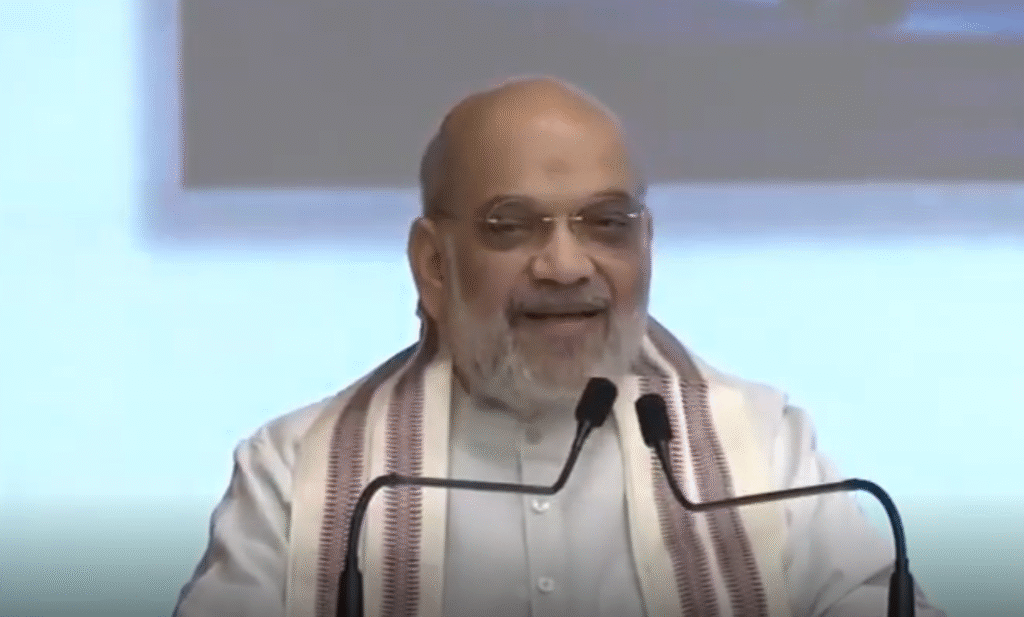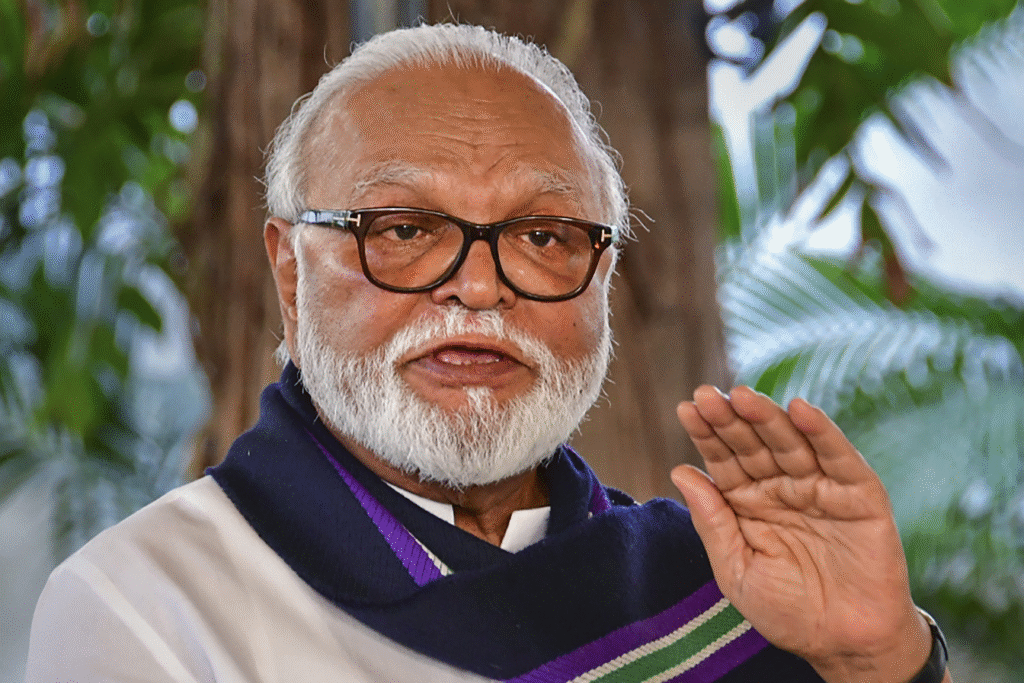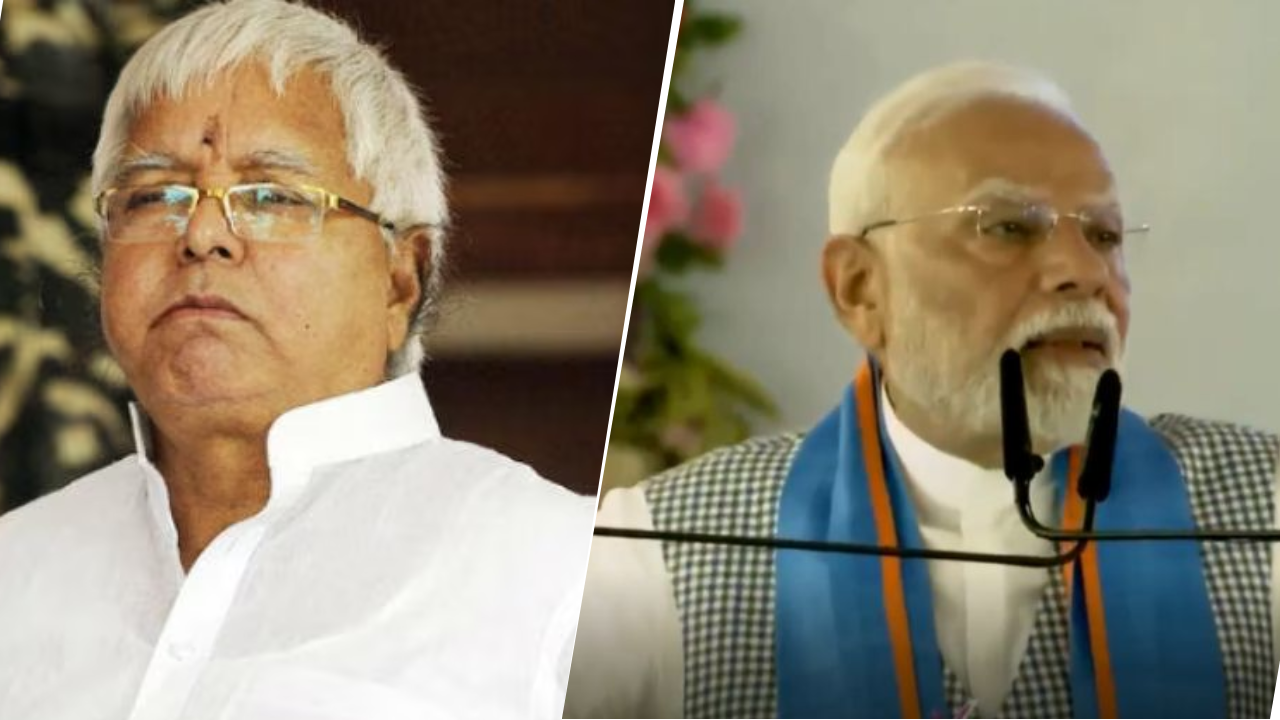‘Those Who Speak English Will Soon Feel Ashamed’: Amit Shah Foments Language Debate

Union Home Minister Amit Shah on Thursday stoked the embers of the nation’s simmering language debate, controversially asserting that a time is fast approaching when those who speak English in the country “will soon feel ashamed.” Speaking at a book launch in the capital, Shah made a forceful case for prioritizing native languages to reclaim India’s true cultural identity.
“In this country, those who speak English will soon feel ashamed – the creation of such a society is not far away,” Shah declared. “I believe that the languages of our country are the jewels of our culture. Without our languages, we cease to be truly Indian.”
The senior BJP leader argued that a foreign language could never be an adequate medium to understand India’s history, culture, or religion. He framed the push for native languages as a battle against a colonial mindset, stating that English would eventually be frowned upon as a symbol of slavery.
“To understand our country, our culture, our history, and our religion, no foreign language can suffice. The idea of a complete India cannot be imagined through half-baked foreign languages,” he asserted. “I am fully aware of how difficult this battle is, but I am also fully confident that Indian society will win it. Once again, with self-respect, we will run our country in our own languages and lead the world too.”
The Home Minister’s strong remarks come at a sensitive time, with several southern and opposition-ruled states, particularly Tamil Nadu, accusing the Centre of attempting to impose Hindi through the ‘three-language formula’ recommended in the New Education Policy (NEP). These states have voiced fears that the policy is a trojan horse for Hindi imposition, undermining regional languages and federal principles.
Shah had previously announced that from December this year, his Home Ministry would communicate with states in their respective native languages in an effort to bridge linguistic divides. However, his latest comments have been met with a mixed response, with supporters hailing it as a call for national pride, while critics argue it is a divisive statement that demonizes a language widely used for education, business, and as a link language across India’s diverse states






